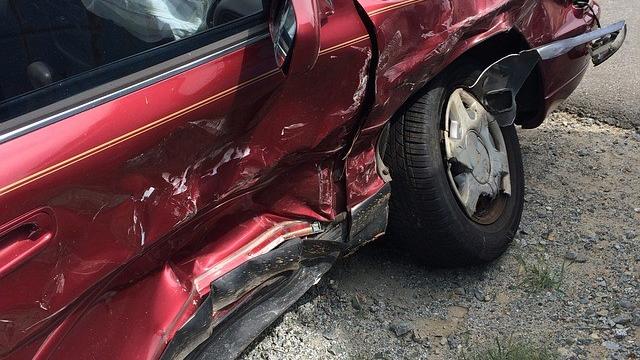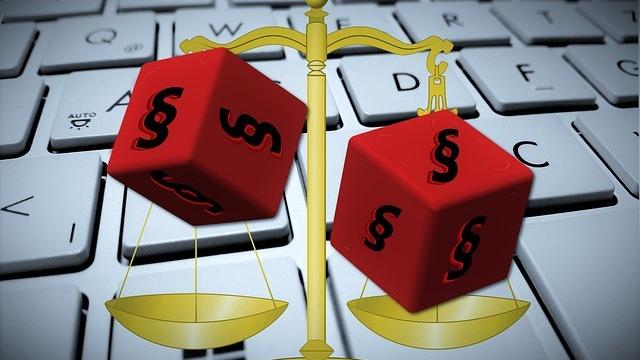7 Ways to Protect Your Family after a Car Accident

Accidents can happen in seconds, and when it involves your family members, the experience can be traumatic and terrifying. With the adrenaline running high, the new reality of the accident makes you unable to react and function properly. It's advisable to act quickly to protect your family and keep them safe. Knowing the necessary steps to take after a car accident can defend your family from frivolous lawsuits. Additionally, it ensures your family receives accurate payment for any injuries and damage to the car. So here are seven ways to protect your family after a car accident
- Ensure your family safety
After the crash, take a moment to calm your family down since they may likely be shocked, angry, scared, guilty, or nervous. Sometimes a combination of emotions can happen after an accident. The calmer your family becomes, the easier it is to handle the situation. Take a deep breath, relax, and ensure everyone in the car is safe. Assess any injuries for all involved in the accident and call an ambulance immediately, even if you do not believe it to be necessary. The paramedics are qualified to assess the extent of the injuries and how to proceed. In the case of neck pain or unconsciousness, it's advisable not to move them to avoid further harm. However, if the accident place can endanger them more, carefully transfer them to a safer place.
- Don't leave the accident scene
Ensure the car comes to a complete stop and at the accident scene. Do not let any of your family members leave the accident scene regardless of whether it's your fault or not. Leaving the scene may attract severe criminal penalties. The penalties associated vary from state to state with the minimum fines being $5000 to $20000 and imprisonment period of up to 15 years. Leaving the accident scene, even after a minor accident, may result in having your license suspended.
On the other hand, it's advisable to turn on the hazards, set up the flares and cones to alert the incoming traffic about the disabled vehicle. Doing so prevents further accidents and increases your family's safety. Don't try to cross your family to safety on the highway. People who get away from their vehicles tend to get more injured or killed; hence, it's safer to stay inside your car with the safety belt fastened. But, if you smell gas, leave the vehicle immediately as this could be a signal of a gas leak and possible explosion or fire.
- Call the Police
Even for a fender-bender, it's advisable to call the police for them to record an official statement of the accident. It helps to protect your family if the other party involved in the accident decides to dispute the account of events. The police can dispatch for assistance faster during a severe collision. Always stay on the phone talking to the police until their arrival, the 911 operators can provide necessary safety instructions. Ask the police to file an accident or state vehicle accident report. The report helps when registering for your insurance claims and lawsuits.
- Gather Information
Exchange contact with the people involved in the accidents, write down their cars models, license plates, and the car year of manufacturer. Additionally, obtain their insurance information. Be polite but do not apologize or don't admit guilt since you can be admitting to legal liability.
Talk to witnesses and get the account of events and write it down. Take their contact and ensure they agree to talk to your lawyer or insurance company for any questioning. The witnesses help in clearing-up any future disputes.
Take pictures of all the cars involved during the accidents, the location and also the people involved. Having photographs helps to document the damage, injuries, and amass evidence to submit to the insurance company.
- See a Doctor
Even if the accident is minor, let a doctor check your family. Your family members need to receive a full check-up even if no physical injuries can be seen. Let the doctor perform a comprehensive analysis to check for any internal injuries. Keep the records of hospital expenses; the attorney and the insurance company may need them. Always keep track of the suffering, pains, and the lost wages of your family members involved in the accident. Having such documentation makes filing for a personal injury suit and claiming the damages incurred more accessible and transparent. The compensation may include physical and mental distress, medical treatment, and lost wages.
- Call Your Lawyer

Call a lawyer immediately for them to access the details of the accident. Avoid contacting the insurance company directly without the guidance of your accident lawyer to avoid giving unintentional and careless information. Let your lawyers guide you on how to make an insurance report and claim including compensation. The legal advice includes helping your family members involved in the accident to maximizing on the compensation reward and ways to handle the motor vehicle insurance claim.
A lawyer can defend your family from applications of the other motorist in case of an injury or lawsuit and protects your family from the other motorist insurance companies' harassment, particularly where a settlement is involved. Always let your lawyer deal with informal settlements to reach out for the maximum level of payment.
- File for an insurance claim
Immediately after the mishap file a report with your insurance company providing them with a detailed and factual evidence of the crash. Give the details of the other driver's insurance company. Filing your claim immediately will help in speeding up the process and getting your family car repaired and enables you to secure a rental vehicle.
Do not lie about the accident since it can result in an insurance coverage denial. Always ensure your insurance company has your version of the crash soon to prevent the other driver from making false claims.
Ensure proper valuation of the damages is done to ensure appropriate payments from your or the other driver's insurance company. If after the assessment the amount you getting paid is too low, you may choose an independent valuator and discuss the adjustments with the insurance companies.
Overall, it's vital to take proactive measures to protect your family immediately after an accident. Ensure you protect your family from any injuries, seek proper medical attention, call for help, and document every event, keeping the necessary information protected and contact your lawyer for immediate legal advice.
More to Read:
Previous Posts:







